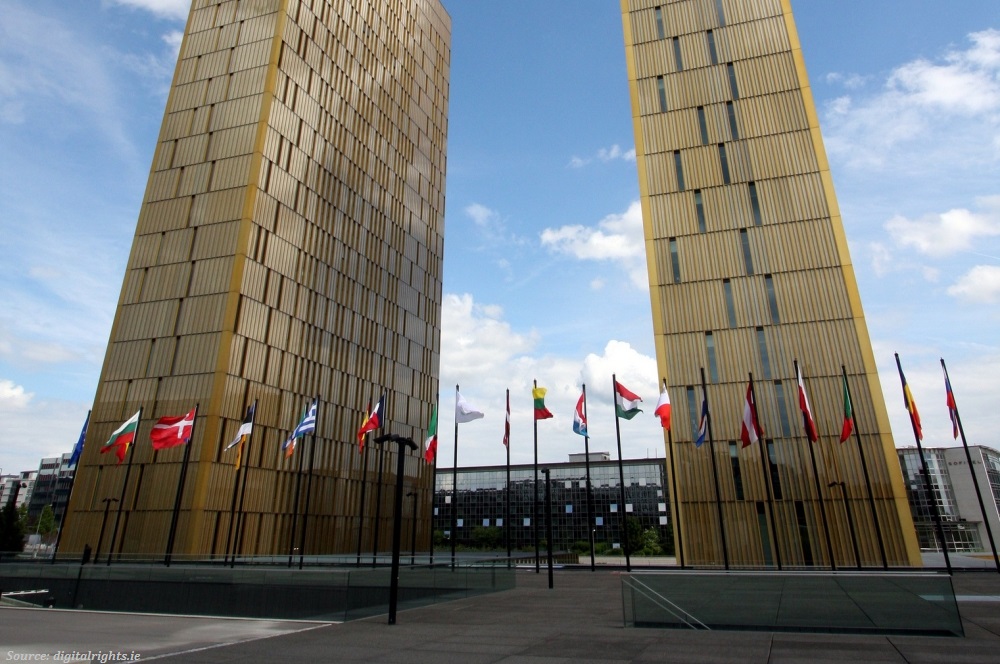On 22 September 2022, the Court of Justice of the European Union (CJEU) gave a ruling in the case C‑159/21, concerning the interpretation of the Directive 2011/95/EU (EU Qualification Directive) as well as the Directive 2013/32/EU (Asylum Procedures Directive). The proceedings concerned a third-country national, whose refugee status was withdrawn and he was refused subsidiary protection status due to the non-reasoned opinion issued by the Constitutional Protection Office and by the Counter-terrorism Centre of Hungary. In the aforementioned opinion, the Hungarian authorities concluded that his stay constituted a danger to national security. This decision was challenged by the third-country national before the Budapest High Court, which decided to stay the proceedings and to refer the questions to the CJEU for a preliminary ruling.
Where the disclosure of information placed on the file has been restricted on grounds of national security, Hungarian national law provides the possibility for the addressee of the decision to obtain, under certain conditions, authorisation to access classified information; however, the person concerned is prohibited from using the obtained information for the purposes of any administrative or judicial proceedings. Budapest High Court was uncertain whether Hungarian legislation on access to classified information is compatible with Asylum Procedures Directive and with various provisions of the Charter.
The CJEU held that the addressee of the decision that significantly affects his or her interests must be able to effectively make known his or her views as regards the information on which the authorities intend to base their decision. The CJEU stated that prohibiting the addressee of the decision from using that information for the administrative procedure or any judicial proceedings is not sufficient to protect that person’s rights of defence and cannot therefore be regarded as allowing a Member State to comply with the obligation laid down in point (b) of the second subparagraph of Article 23(1) of Directive 2013/32.
The CJEU also held that, when considering the possibility to exclude the granting of subsidiary protection or to withdraw international protection based on national security concerns, the determining authority cannot be required to rely on a non-reasoned opinion given by bodies entrusted with specialist functions linked to national security. The CJEU admits that some of the information provided by specialist bodies responsible for national security, where appropriate, may be subject to rules of confidentiality within the framework laid down in Article 23(1) of Directive 2013/32. However, the scope of that information and its relevance to the decision to be taken must be freely assessed by the determining authority. Therefore, the determining authority must have all the relevant information available to it. On the basis of that information, the Court concluded that the determining authority must be able to carry out its own assessment of the facts and circumstances to determine the tenor of its decision and provide a full statement of reasons for that decision.
The CJEU further underlined that to use the exclusion grounds relating to the commission by the applicant of a ‘serious crime’, the competent authority has to undertake an assessment of the specific facts within its knowledge and for each individual case. The CJEU reiterated that the assessment of the seriousness of the crime in question requires a full investigation into all the circumstances of the individual case concerned. However, the CJEU stated that Article 17(1)(b) of Directive 2011/95 must be interpreted as not precluding an applicant from being excluded from being eligible for subsidiary protection due to a criminal conviction of which the competent authorities were already aware when they granted to that applicant the refugee status that was later withdrawn.

